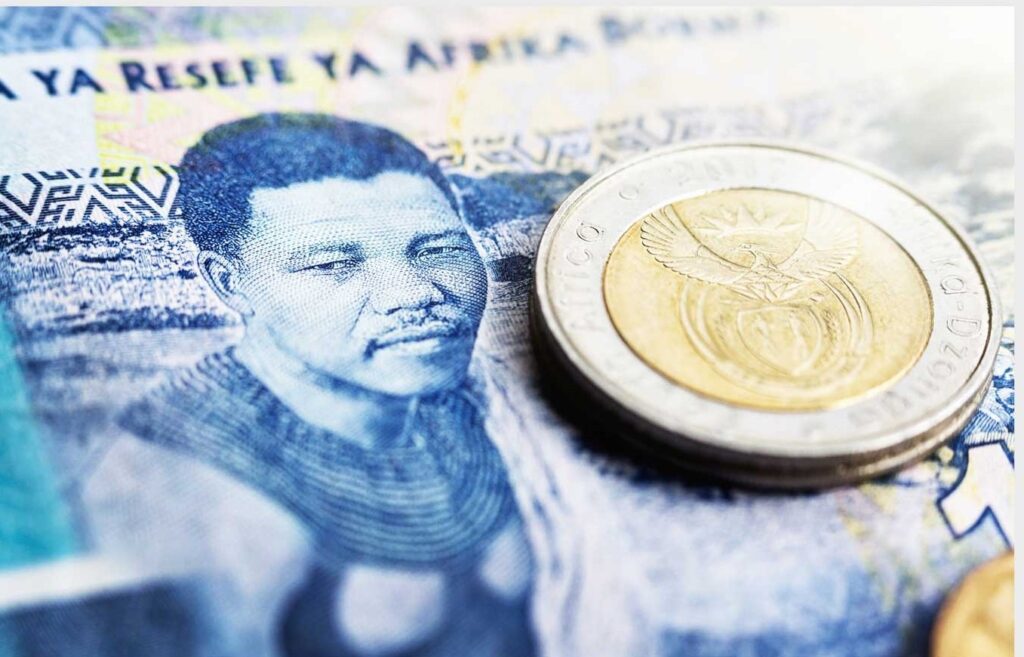After years spent in the shadow of larger rival Upbit, crypto exchange Bithumb is clawing back a more meaningful share of South Korea’s tightly held digital-assets market.
Bithumb now consistently accounts for about a quarter of the country’s massive crypto trading volumes, up from a single-digit market share in 2023, according to Kaiko data.
ADVERTISEMENT
CONTINUE READING BELOW
Once South Korea’s leading crypto exchange, Bithumb’s resurgence comes as it prepares for an initial public offering that’s expected to take place by the end of 2025. The company has prioritized wrestling trading activity away from Upbit, the Dunamu-owned exchange, through aggressive marketing tactics. Upbit has had a near-monopoly on crypto trading in the country since the pandemic-era crypto boom.
South Koreans rank among the world’s most enthusiastic crypto traders. There were over 18 million digital-asset investors in the country — about a third of the total population — holding assets worth about 104 trillion won ($74.5 billion) as of December 2024, data published by the Bank of Korea show. On some days, trading turnover on domestic crypto exchanges surpasses that of the Kospi and Kosdaq stock indices.
Korea is an outlier even in the world of crypto because of the extent to which it relies on retail trading. It’s one of the largest crypto markets by fiat trading volume, second only to the US, according to Simon Seojoon Kim, CEO of Korea-based venture capital firm Hashed. “Unlike many western markets dominated by Bitcoin and Ether, Korean retail investors show a strong appetite for altcoins, making it an appealing market for new projects and tokens,” he said.
The South Korean crypto market remains structurally rigid. Regulatory restrictions have forced many smaller players out over the years, leaving Upbit and Bithumb as the last major domestic contenders. Global exchanges, wary of Korea’s strict compliance environment, have largely retreated.
Expanding into South Korea “requires deep localisation, regulatory commitment and a long-term community-building strategy,” Kim said.
Bithumb’s comeback
Founded in 2014 under the name Xcoin and rebranded in 2015, Bithumb once ruled the roost in South Korea with over 70% of trading volumes. But the exchange began to fade after suffering hacks including one in 2018 that saw it lose about $30 million. Upbit rose to prominence after partnering with internet-only Kbank, which could help process new exchange users digitally.
Bithumb began its comeback in 2024. That year, while growing its market share, the company also reversed losses to post an operating profit of 130.8 billion won, according to filings.
ADVERTISEMENT:
CONTINUE READING BELOW
A key part of its resurgence was a dramatic increase in total marketing expenditure, up from 16 billion won in 2023 to 192 billion won in 2024. From a single-digit market share in early 2023, Bithumb surged to a 36% peak in January 2024 following a zero-fee trading promotion, according to Kaiko. Some of those gains have tapered, but the exchange consistently accounts for about 25% of the market.
The company is now gearing up for a public listing on the South Korean stock market. “Bithumb has selected Samsung Securities as its lead underwriter and is aiming to go public by the end of this year,” it said in a statement.
While Bithumb intends to expand its staking functionality and list new tokens, the company has no immediate plans to branch out internationally, citing regulatory and security concerns.
In that regard it diverges from market-leader Upbit, which sees focusing solely on the Korean market as offering “a limited perspective,” according to a statement shared by a company spokesperson. “What truly matters to us is our global standing,” they added.
© 2025 Bloomberg
Follow Moneyweb’s in-depth finance and business news on WhatsApp here.

 20 hours ago
1
20 hours ago
1














![[FULL SHOW] Sasol strategy update, Vodacom/Maziv deal, and apple exports](https://www.moneyweb.co.za/wp-content/uploads/2023/11/JimmyMoyaha-safm.jpg)









 English (US) ·
English (US) ·